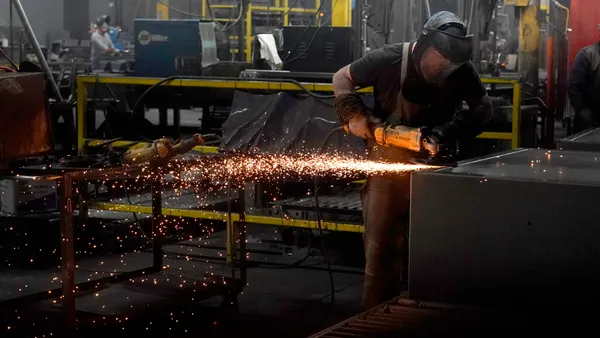Over the last few years, the post-recession era has created some challenges for recruiters hoping to acquire top talent. STEM careers are among the industries that have been hit the hardest by talent shortages. However, there seems to be some debate about whether or not there is a real talent shortage, or if recruiters are somehow perpetuating a myth.
Are we facing real talent shortages?
One could argue either way. Leonard Fuld, founder and CEO of Fuld & Company, who writes for Fortune Magazine, says that, “There’s been a lot of noise in the past few years about the impending shortage of engineers and scientists in the U.S. and its impacts on our future economic growth.” However, if companies want to be sustainable, the way we work has to change, including how we view overseas hiring and how we use less technically trained people to get the work done, Fuld notes.
Linda Rosen, Ph.D., Chief Executive Officer for Change the Equation, who contributes to Huffington Post, says that talent shortages are very real. Rosen advises that, “Employers of all stripes are looking for people with strong STEM knowledge and skills, but the U.S. talent pool is currently too shallow to meet their needs.”
Her investigation of this issue (Georgetown’s Center on Education and the Workforce) found that between the years of 2010 to 2020, the total number of STEM jobs will increase by 26% and technical jobs in the healthcare industry will explode by 31%, a lot faster than the rest of the workforce.
How to reel in talent to avoid skill shortages
Despite the factors contributing to talent shortages, whether real or imagined, the way in which companies recruit talent can affect their ability to place top candidates into rewarding positions. Because, let’s face it – the best talent is not carelessly throwing their resumes around hoping for an opportunity. Instead, top tier talent is looking for stellar experiences, projects, and companies that have an outstanding reputation.
Kevin Wheeler, columnist for ERE.net and Founder of Future of Talent Institute, Global Learning Resources, Inc. and the Australasian Talent Conference, Ltd. advises in a recent article that,” There is really no shortage of talent but rather a shortage of understanding and willingness to make a few changes and challenge our own thinking.” Wheeler provides valuable insight into seven factors that have led to the belief that there are talent shortages, including lack of investment in employee development, limited scopes in the college education system, and biased intuition-based hiring, among other reasons.
Recruiters must bear some of the responsibility for finding ways to attract the most skilled talent in order to avoid shortages. A few best practices that can help are:
- Creating job opportunities that are geared towards college interns, Associate’s degree and certificate holders, candidates who are typically more plentiful and looking for career stability and advancement.
- Rehiring formerly laid off candidates whenever possible to set them up for success. Many have valuable skills and since they know the company, can step into leadership roles.
- Focusing on investment in employees rather than replacement cycles. This happens too much, especially in the IT world. Investing in the benefits, learning, development, and future career goals of employees can result in greater loyalty, and a strong corporate culture that attracts higher level candidates.
- Providing above average salaries and perks for employees, including a positive work environment, recruitment and a structured onboarding experience that supports longevity.
- Setting up internal employee referral programs and generous rewards for employees who recommend colleagues to come work for the company.
With some of these measures in place, shortages of good candidates can be managed and prevented. The debate on talent shortages still blazes, but employers can turn things around by changing their view of the market and investing in the future.











